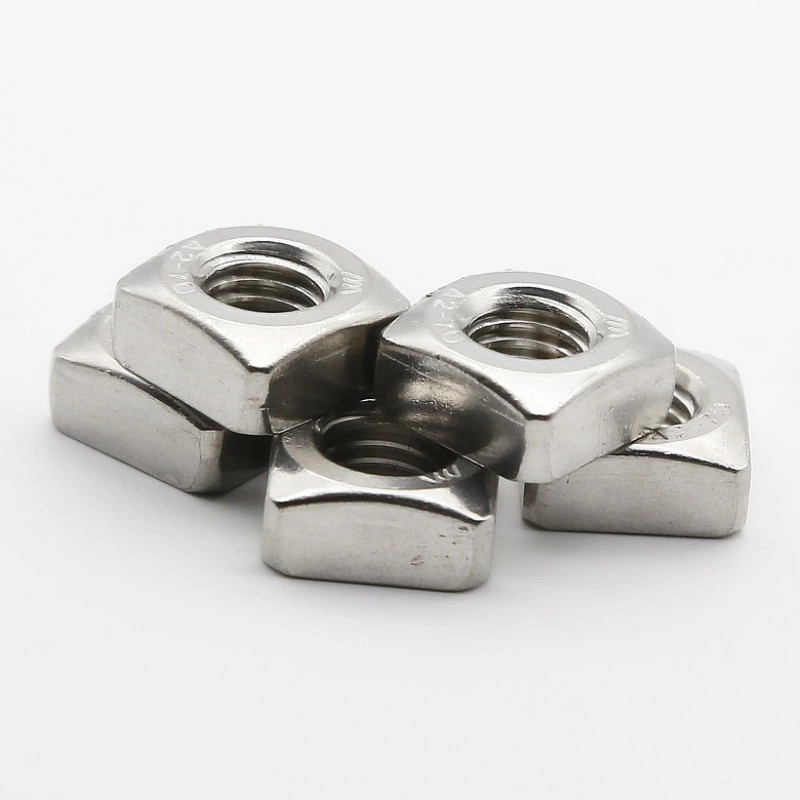

Exploring the Role of Plastic Fasteners in the Automotive Industry and Their Benefits
Oct . 12, 2024 00:21 Back to list
Exploring the Role of Plastic Fasteners in the Automotive Industry and Their Benefits
The Role of Automotive Plastic Fasteners in Modern Vehicle Manufacturing
In the automotive industry, the demand for lightweight, durable, and cost-effective materials is increasing
. Among various components that cater to these needs, automotive plastic fasteners have emerged as crucial elements in vehicle manufacturing. These fasteners, which include clips, screws, nuts, and rivets made from plastic materials, play a significant role in assembling different parts of a vehicle while offering several advantages over traditional metal fasteners.One of the most critical advantages of plastic fasteners is their weight. As automakers strive to enhance fuel efficiency and reduce emissions, every gram counts. Plastic fasteners are considerably lighter than their metal counterparts, contributing to an overall reduction in vehicle weight. This is particularly beneficial for electric vehicles (EVs) and hybrid models, where minimizing weight is essential for maximizing range and performance.
Moreover, plastic fasteners exhibit excellent resistance to corrosion and environmental factors. Unlike metal fasteners, which can rust over time, plastic fasteners maintain their integrity regardless of exposure to moisture, chemicals, and fluctuating temperatures. This durability not only improves the longevity of the vehicle components they secure but also reduces maintenance costs for consumers, making plastic fasteners an attractive option for manufacturers.
Another advantage of automotive plastic fasteners is their versatility. They can be molded into various shapes and sizes, enabling manufacturers to design fasteners that fit specific applications seamlessly. This adaptability allows for more innovative designs in vehicle assembly, contributing to improved aerodynamics and aesthetics. Additionally, the use of plastic fasteners can simplify the assembly process. Many plastic fasteners are designed for easy installation and removal, leading to faster production times and lower labor costs. This efficiency is vital in the highly competitive automotive market, where companies aim to deliver products to consumers quickly and efficiently.
automotive plastic fasteners

Safety is a pivotal concern in the automotive industry, and plastic fasteners can enhance vehicle safety in several ways. They are less likely to cause injury during accidents, as they can deform and absorb energy on impact. Moreover, the use of advanced engineering plastics in fasteners can provide enhanced strength and resilience, ensuring that they can withstand the stresses and strains of everyday driving without failure.
The growing focus on sustainability in the automotive sector has also led to an increased interest in plastic fasteners. Many manufacturers are now using recycled materials to produce these components, thereby reducing the overall environmental impact of vehicle production. Additionally, plastic fasteners are often designed to be recyclable at the end of their life cycle, aligning with the industry's efforts to create a circular economy.
As the automotive industry continues to evolve, the role of plastic fasteners will likely expand. Innovations in material science and technology could lead to the development of even more advanced fasteners that combine lightweight properties with enhanced strength and durability. Furthermore, as electric and autonomous vehicles become more prevalent, the demand for efficient and effective fasteners will grow, making plastic fasteners an indispensable part of future automotive designs.
In conclusion, automotive plastic fasteners are vital components in modern vehicle manufacturing, offering significant benefits over traditional metal alternatives. Their lightweight, corrosion-resistant, and versatile nature makes them an ideal choice for enhancing vehicle performance, safety, and sustainability. As the automotive industry continues to push boundaries, the future of plastic fasteners looks promising, ensuring that they remain a cornerstone of innovative vehicle design for years to come.
Latest news
-
Hot Dip Galvanized Bolts-About LongZe|High Strength, Corrosion Resistance
NewsJul.30,2025
-
High-Strength Hot Dip Galvanized Bolts - Hebei Longze | Corrosion Resistance, Customization
NewsJul.30,2025
-
Hot Dip Galvanized Bolts-Hebei Longze|Corrosion Resistance&High Strength
NewsJul.30,2025
-
High-Strength Hot-Dip Galvanized Bolts-Hebei Longze|Corrosion Resistance&High Strength
NewsJul.30,2025
-
Hot Dip Galvanized Bolts-Hebei Longze|Corrosion Resistance&High Strength
NewsJul.30,2025
-
Hot Dip Galvanized Bolts - Hebei Longze | Corrosion Resistance, High Strength
NewsJul.30,2025

